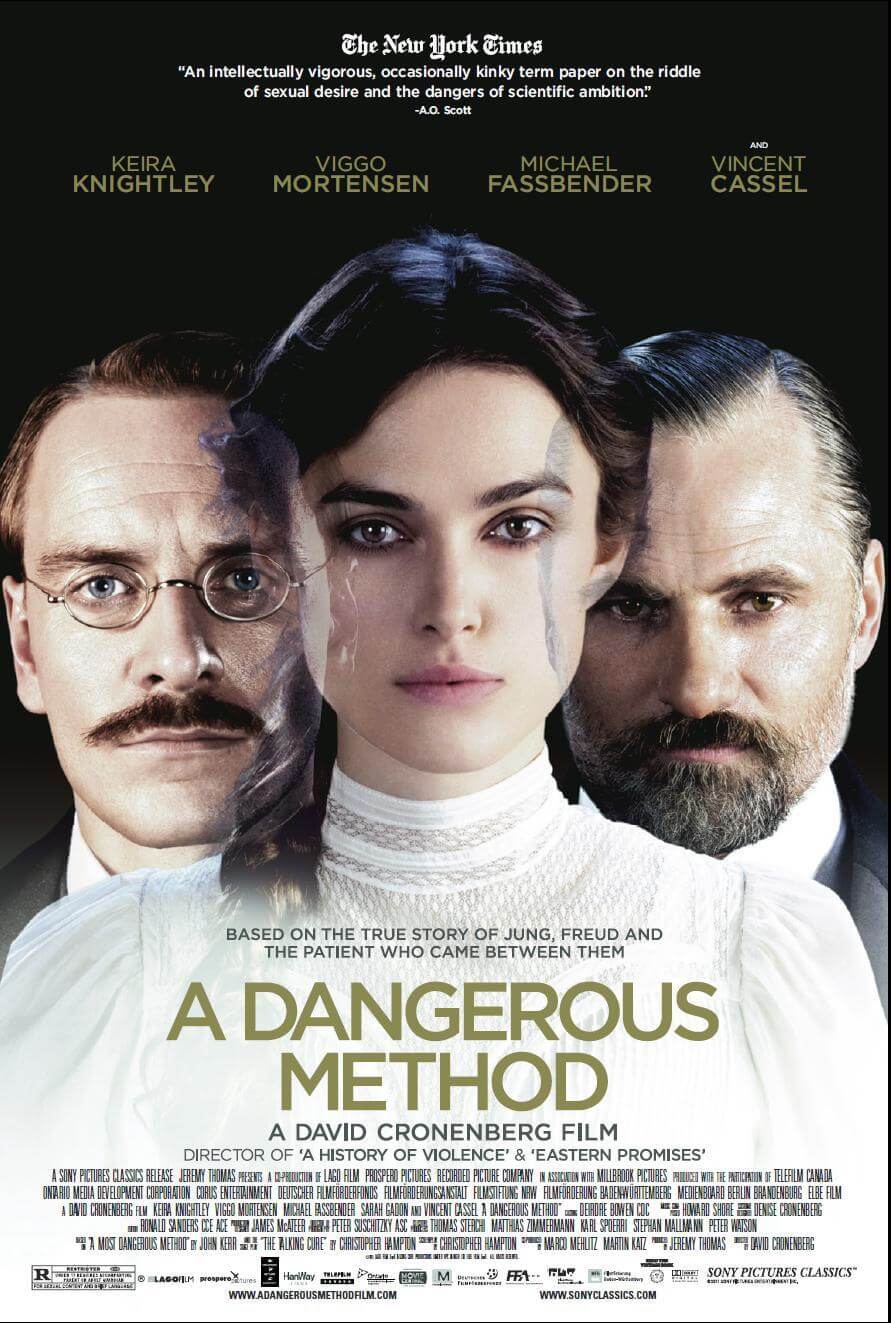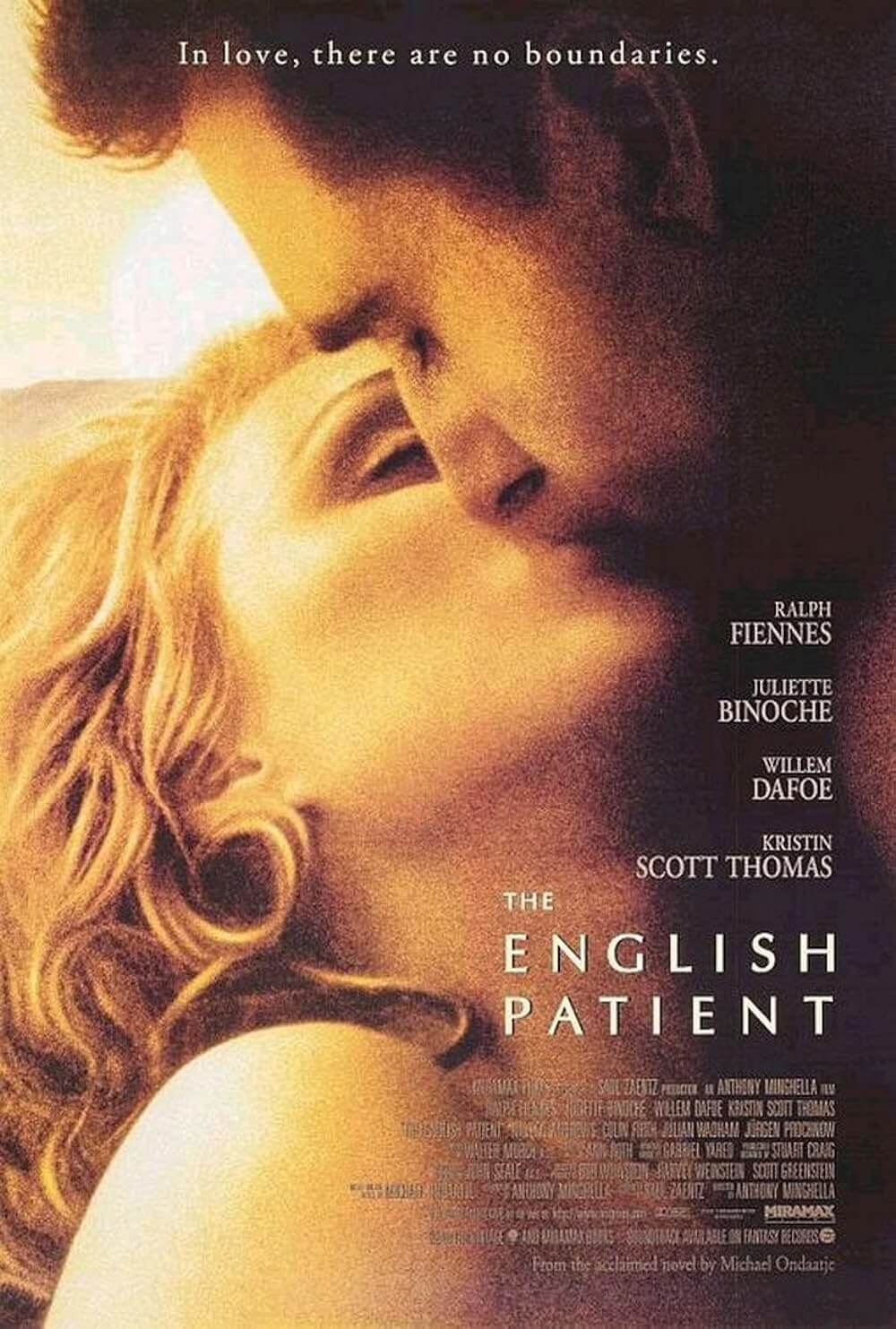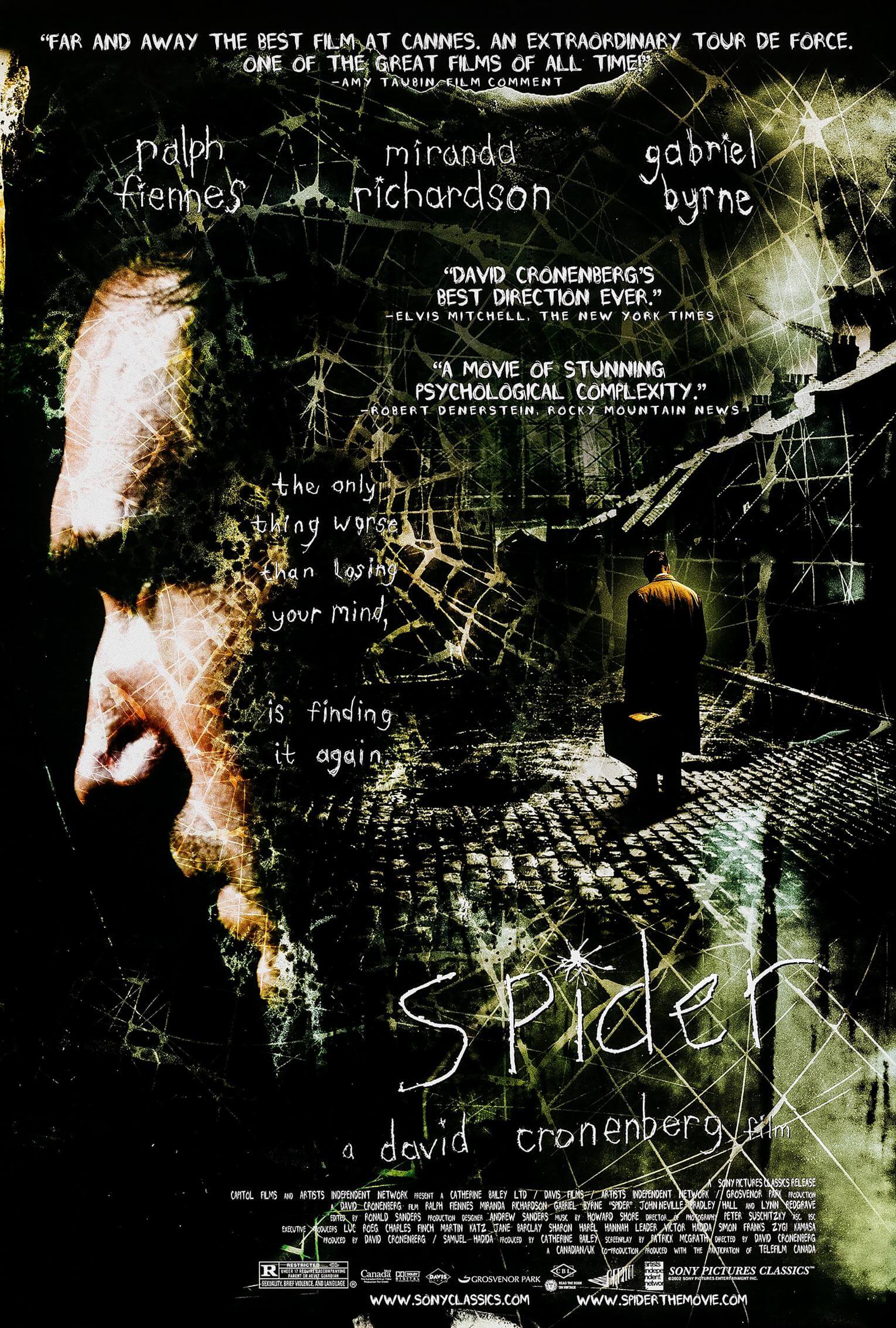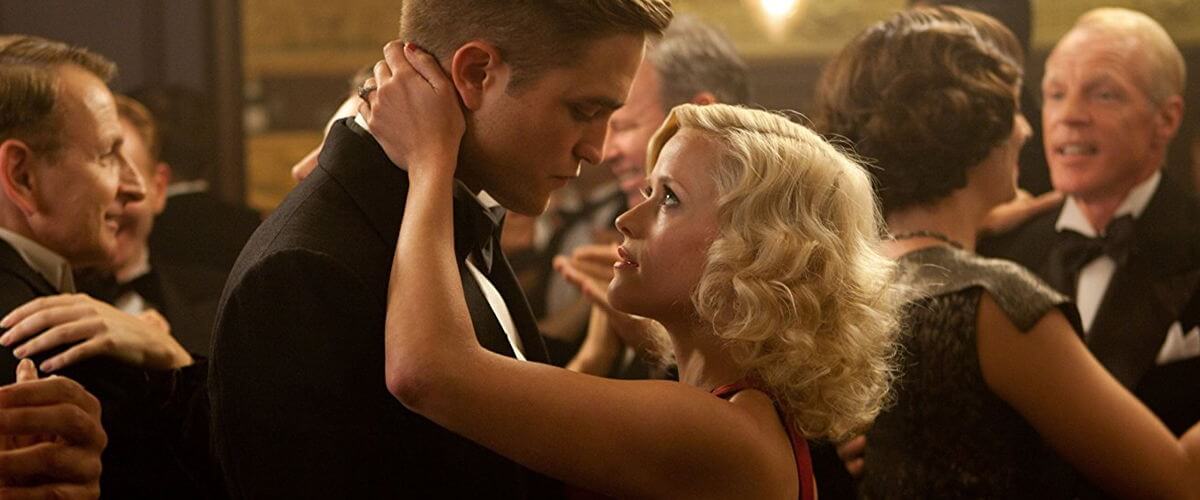
Water for Elephants
By Brian Eggert |
The Hollywood adaptation of Water for Elephants, from Sara Gruen’s bestselling novel about a Depression-era circus, arrives with no limit of polish and old-fashioned storytelling. The production washes away elements from Gruen’s book that make it feel so authentic, such as those seedy little details about the sexuality and the generally deplorable animal cruelty behind circus life. Instead, screenwriter Richard LaGravenese and director Francis Lawrence simplify the material to create a heavily romanticized tale about a young man who runs away with the circus, falls in love with a beautiful performer, and hopes to rescue his love from her movie villain husband, the circus’ cruel owner and ringmaster. Everything you’d expect to happen within this setup does, but instead of being merely predictable, the film’s charms work their magic from start to finish.
Following the film’s drive toward a classical approach, celebrity heartthrobs Robert Pattinson and Reese Witherspoon were cast in the leading roles, whereas the book’s two antagonist characters were combined into one incredible, complicated role for Christoph Waltz, who reminds us why he won an Oscar for Inglourious Basterds. In a standard bookend structure, a 90-year-old Jacob Jankowski (Hal Holbrook) looks back to 1931 on his time with The Benzini Brothers circus. A clean-cut Pattinson plays the younger version of Jacob, who, just when he’s about to graduate from Cornell with a degree in veterinary science, is told his parents died in a tragic car crash, leaving him with no money and no place to call home. Looking to escape, he hops aboard a random locomotive in the night only to discover he’s boarded a circus train. Waltz plays August, the circus’ impresario who resolves to let Jacob stay on as the show’s resident vet.
Conflict arises when Jacob opts to protect the film’s two leading ladies. The first damsel is August’s wife, Marlena (Witherspoon), the bareback horse rider and show’s star attraction. Jacob quickly falls for her and sparks fierce jealousy in August, who responds with cruel plotting and, eventually, violence. The second lady Jacob protects is the show’s latest addition, Rosie, a female elephant with enough personality in those expressive eyes to tug on the audience’s collective heartstrings. August’s approach to training Rosie is a stern voice and brutal jabs with a sharp prod, and when he beats her, his actions align Jacob and Marlena against him. But simply escaping his wrath isn’t so easy. The circus is poor, and to cut costs, August’s goons toss underlings from the train to their death to save on food and wages, so for August to dispose of Jacob for stealing his wife isn’t a stretch.
Lawrence seems like an unlikely choice to helm such a story, at least based on his previous efforts (the sci-fi actioners Constantine and I Am Legend). But he and production designer Jack Fisk construct some striking visuals that feed from our generalized notions about the Depression and days of railroad circuses: A fascinating sequence shows workers erecting the Big Top; characters easily walk and run on top of the circus train, which travels at night thanks to CGI shots that have a silvery sheen to them. Much of the wild animal work with lions and tigers running amok in the chaotic finale looks impressive, but then again, they’re obviously rendered with CGI. Lawrence’s vast experience with computerized special FX no doubt made him a candidate for this project, as shooting real animals and real trains consumes time and money that a studio like 20th Century Fox refuses to waste for artistic merits.
Though the real thing would have been preferable in these instances, the use of CGI doesn’t prevent the film’s modest objectives from being met. Nor does the production’s habit of glossing over the grimier details impede the effortless story’s sheer pleasure from consuming us. And while Pattinson and Witherspoon give serviceable performances, Waltz steals every scene in which he appears, making his supporting character the film’s most dynamic component. Everything about Water for Elephants feels very familiar and risk-free, but in ways that tap into our appreciation for the iconic plight during the Depression and the fundamental joys of the circus. With a bit more style and realism, the film could have been something truly great; however, in this case, good is just good enough.
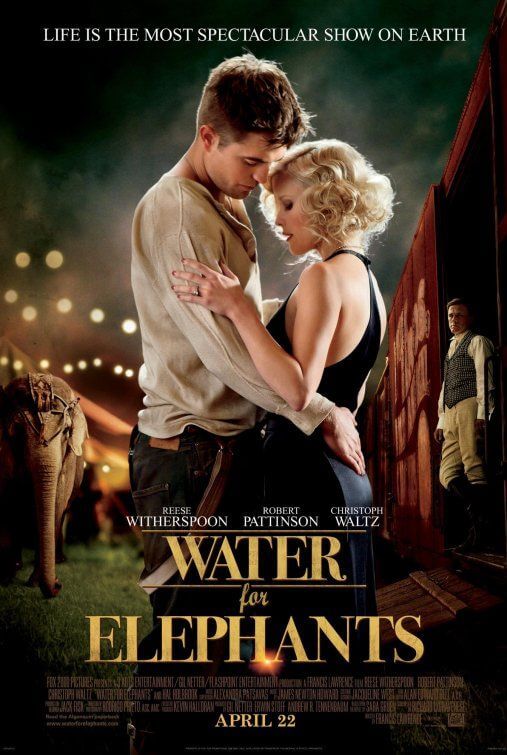
Thank You for Supporting Independent Film Criticism
If the work on DFR has added something meaningful to your love of movies, please consider supporting it.
Here are a few ways to show your support: make a one-time donation, join DFR’s Patreon for access to exclusive writing, or show your support in other ways.
Your contribution helps keep this site running independently. However you choose to support the site, please know that it’s appreciated.
Thank you for reading, and for making this work possible.
Brian Eggert | Critic, Founder
Deep Focus Review


